This analysis is part of the USC-Brookings Schaeffer Initiative for Health Policy, which is a partnership between Economic Studies at Brookings and the University of Southern California Schaeffer Center for Health Policy & Economics. The Initiative aims to inform the national health care debate with rigorous, evidence-based analysis leading to practical recommendations using the collaborative strengths of USC and Brookings.
The House Committee on Energy and Commerce recently requested comments from health policy experts at the USC-Brookings Schaeffer Initiative for Health Policy on a new discussion draft for the No Surprises Act, to address surprise medical billing.
The experts list several ways in which the discussion draft makes an important step in protecting patients, including: addressing the market failure at the heart of surprise billing; appropriately using notice and consent exceptions; and establishing a minimum insurer payment that would likely avoid increasing health care spending relative to the status quo.
However, they also cite a few concerns and areas in which the draft could be improved. They note that the minimum insurer payment established under the draft is too high and locks in a substantial fraction of today’s unnecessary spending. Calculating the median in-network rate used to determine the minimum payment using issuer-specific data would create opportunities for gaming that could lead to unpredictable and unintended results, while potentially also creating an unlevel playing field across insurance plans. And finally, they suggest expanding the draft’s protections to encompass a slightly broader set of clinicians and services. Read the experts’ full letter to the Committee here.
Additional resources on surprise billing are available here.
The Brookings Institution is committed to quality, independence, and impact.
We are supported by a diverse array of funders. In line with our values and policies, each Brookings publication represents the sole views of its author(s).
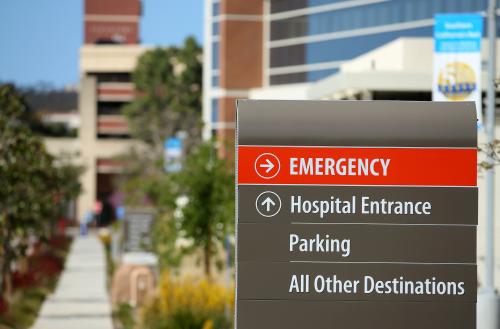

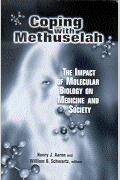
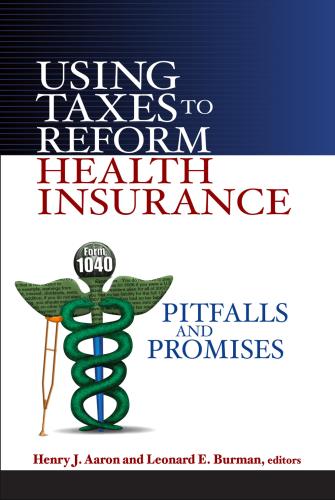
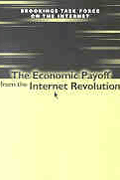

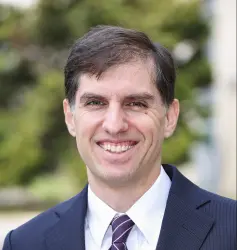





Commentary
Op-edComments on the No Surprises Act
May 29, 2019